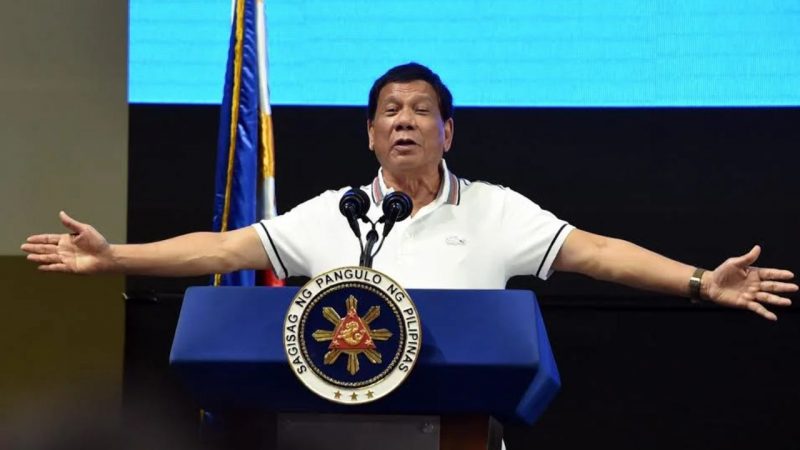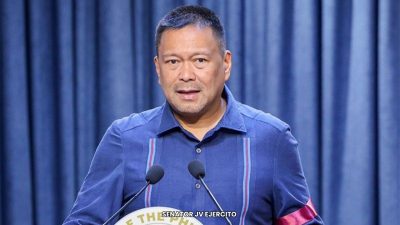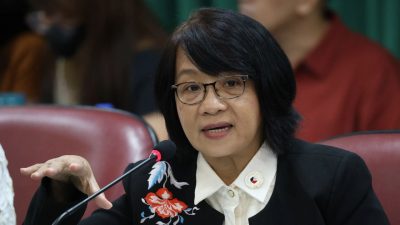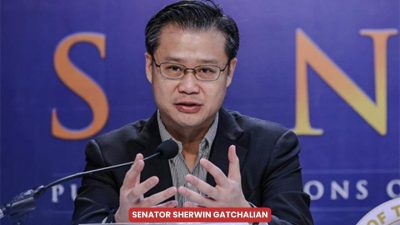By Junex Doronio
MANILA — Former President Rodrigo Roa Duterte on Wednesday (14 Nov 2024) denied his infamous 2016 statement, in which he claimed to have thrown an alleged kidnapper from a helicopter as a warning to corrupt public officials.
The comment, made during his presidency, was widely reported by international media at the time.
During the Quad Comm hearing, Manila Rep. Bienvenido “Benny” Abante Jr. questioned Duterte about his 2016 remark and pressed him for clarification.
Duterte, however, dismissed the statement as “hyperbole,” denying that he ever actually followed through with the threat.
Abante, a co-chair of the Quad Comm, referred to Duterte’s notorious 2016 comments, which were picked up by global outlets such as The Washington Post.
“You said publicly, and I quote: ‘If you are corrupt, I will fetch you using a helicopter to Manila, and I will throw you out. I have done this before, why would I not do it again?’” Abante said.
He challenged Duterte to explain whether he felt justified in making such violent threats against those he deemed corrupt.
In response, Duterte downplayed his words as an exaggeration.
“Hindi sir, hyperbole lang ‘yan sir. Hindi papayag ang piloto n’yan sir,” Duterte replied.
However, his denial has raised questions about the impact of his past rhetoric, which critics argue has contributed to a culture of impunity and violence.
Abante continued to press Duterte for clarity, asking if he had ever actually thrown someone from a helicopter or if it was simply a joke.
“So if you feel justified in doing it, can you please name to us the victim? Sino po ‘yong tinapon niyo sa helicopter?” Abante asked.
Duterte stood by his defense, claiming that his comments were merely a fictional story meant to intimidate criminals. “Well sir, sabi ko, storya lang. Para sa kriminal. Pero paano ko itapon ‘yan, buksan mo pa ‘yong… hyperbole nga,” Duterte insisted.
Duterte’s helicopter remarks in 2016 were part of a broader pattern of provocative statements throughout his presidency, in which he often encouraged police and vigilantes to target suspected criminals and drug offenders.
While he has repeatedly claimed his comments were intended to intimidate criminals, human rights advocates argue that such rhetoric contributed to the thousands of extrajudicial killings that occurred under his administration.
ia/mnm







